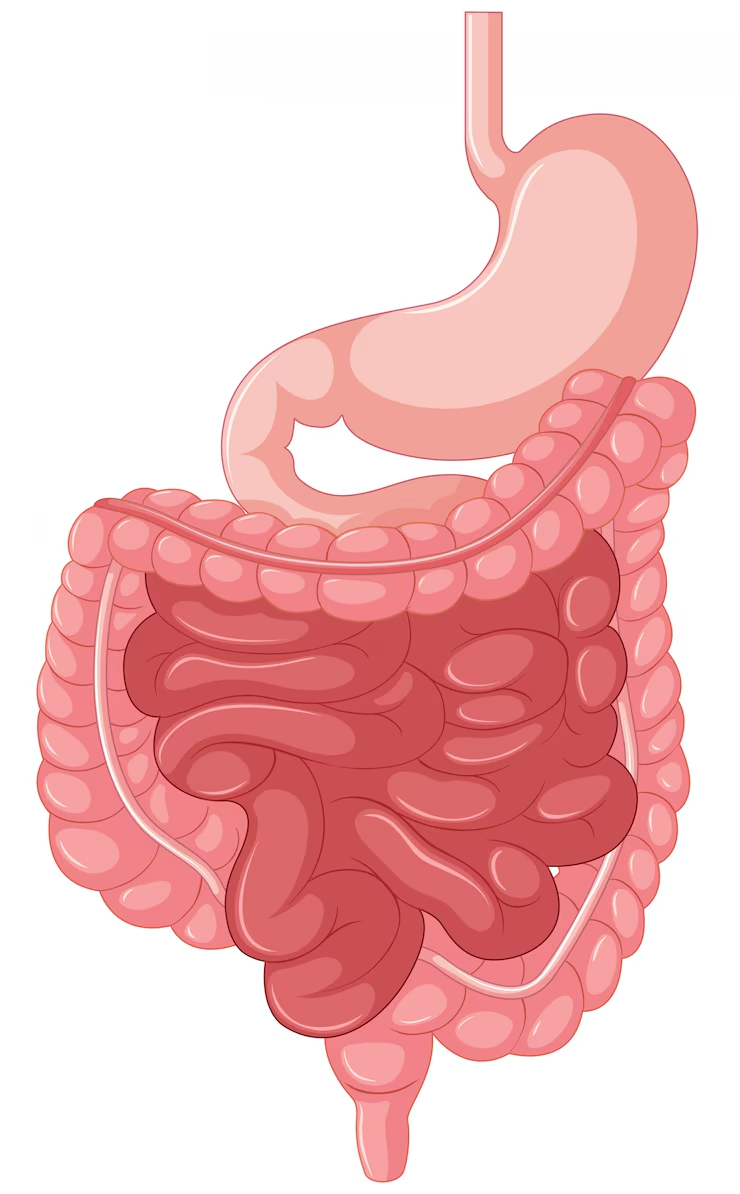Welcome to the Digestive System Organs quiz! In this quiz, we will explore the fascinating world of the organs that work together to break down the food we eat and turn it into energy for our bodies. From the mouth to the stomach to the intestines, each organ plays a crucial role in the digestion process.
Get ready to test your knowledge on the liver, pancreas, and gallbladder, too! These organs may not get as much attention as the others, but they are just as important in keeping our digestive system running smoothly. So, grab a snack (if you’re not too grossed out by thinking about digestion while eating) and let’s dive into the world of digestive system organs!
Play Digestive System Organs Quiz
Instructions
- This quiz is multiple choice.
- Read each question carefully before selecting an answer.
- Choose the best answer for each question.
- You will see the missed questions with correct answers at the end of the quiz.
Quick Facts
- The stomach is where food goes after you chew it.
- The intestines are long tubes that help break down food and absorb nutrients.
- The liver helps clean toxins from your blood.
- The pancreas makes juices that help digest food in the intestines.
- The gallbladder stores bile, which helps break down fats in food.
- The esophagus is a tube that carries food from your mouth to your stomach.
- The rectum is where waste is stored before leaving your body.
- The anus is the opening where waste leaves your body.
- The appendix is a small pouch located near your large intestine.
- The small intestine is where most of the digestion and absorption of nutrients takes place.
Downloads
Study Tips
- Create a study schedule and stick to it.
- Find a quiet and comfortable study environment.
- Remove distractions such as phones and social media.
- Take breaks every 25-30 minutes to avoid burnout.
- Use active studying techniques like summarizing, highlighting, and teaching concepts to someone else.
- Practice retrieval by testing yourself with flashcards or practice quizzes.
- Stay organized with notes, study guides, and resources.
- Stay hydrated and eat brain-boosting foods like fruits, nuts, and whole grains.
- Get enough sleep to improve memory retention and cognitive function.
- Reward yourself for reaching study goals to stay motivated.
